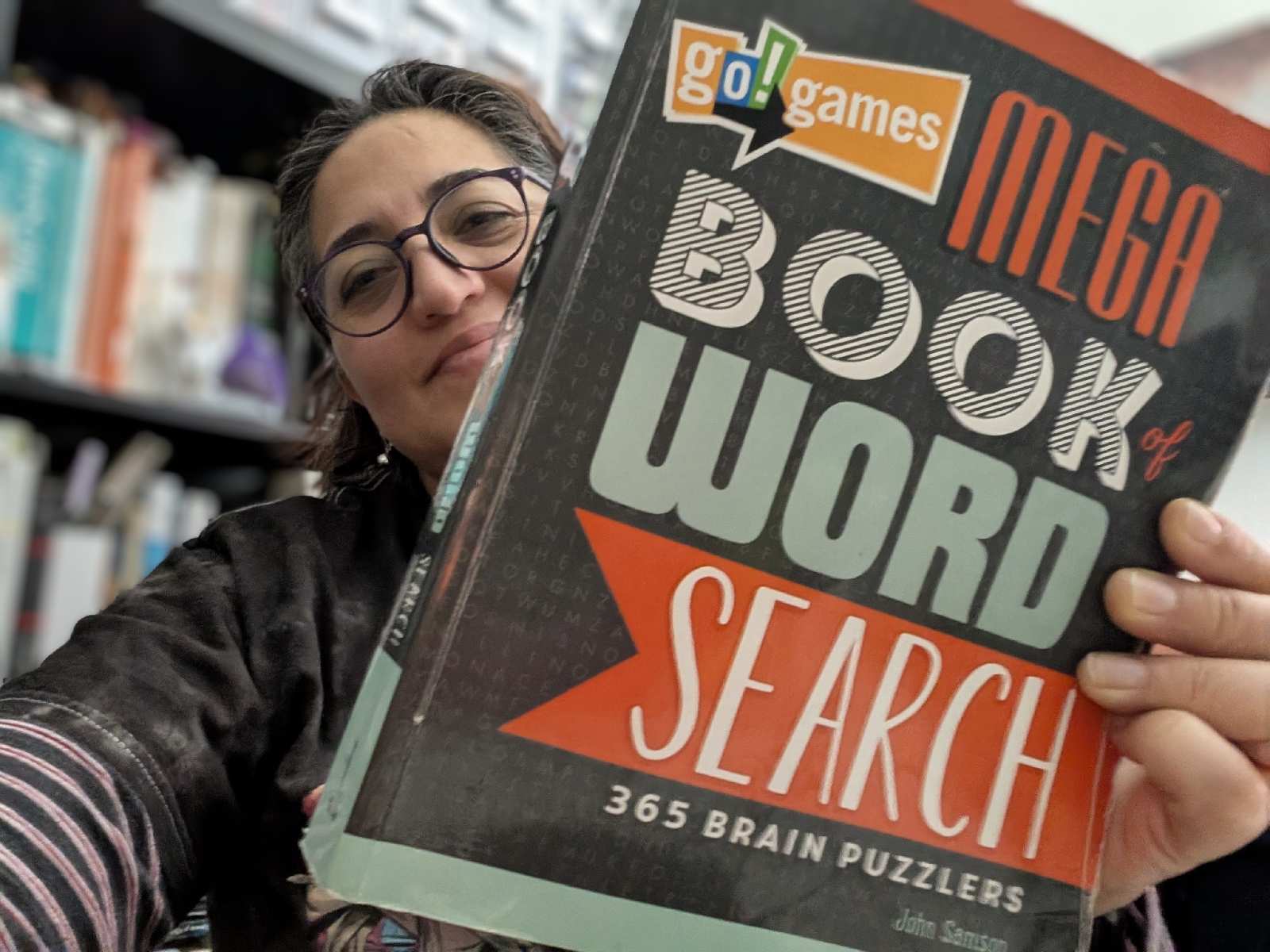Noncount Nouns
A non-count noun is NOT preceded by a/an, one, two, three, etc.
INCORRECT: I bought a furniture.
A non-count noun does NOT have a plural form.
INCORRECT: I bought some furnitures.
Noncount nouns usually refer to a whole group of things that is made up of many individual parts, a whole category made up of different varieties. For example, some common noncount nouns are furniture, mail, money, fruit and jewelry.
A language is not always logical. For instance:
- I had some corn for dinner (noncount)
- I had some peas for dinner. (count)
Both corn and peas express a larger whole made up of smaller parts, but corn is a noncount noun and pea is a count noun.
- Vegetables are good for you (count)
- Fruit is good for you (noncount)
Both vegetables and fruit describe whole categories of food, but one is count and the other noncount.
Logically, you can count furniture. But in grammar, you cannot count furniture. For example: I see a table and a bed.
CORRECT: I see some furniture.
INCORRECT: I see two furniture.
Individual parts (count) chairs, bed, couch, etc.
The whole (noncount) furniture
Individual parts (count) postcard, stamps, envelope, etc
The whole (noncount) mail
Individual parts (count) bananas, orange, grapes, etc
The whole (noncount) fruit
Individual parts (count) pennies, dollars, dimes, etc
The whole (noncount) money
Individual parts (count) bracelet, rings, earrings, etc.
The whole (noncount) jewelry
Common noncout nouns:
Clothing, equipment, food, fruit, furniture, garbage, hardware, jewelry, machinery, mail, makeup, money, cash, change, postage, scenery, stuff, traffic. homework, housework, work, advice, information, news, history, literature, music, poetry, grammar, slang, vocabulary, corn, dirt, flour, grass, hair, pepper, salt, rice, sand, sugar, wheat.
More noncount nouns:
Liquids: beer, blood, coffee, cream, gasoline, honey, juice, milk, oil, shampoo, soup, tea, water, wine.
Solid and semi-solid: bread, butter, cheese, ice, icecream, lettuce, toast, meat, beef, chicken, fish, ham, lamb, pork, chalk, copper, cotton, glass, gold, iron, paper, rubber, silver, soap, tin, toothpaste, wood, wool.
Gases: air, fog, oxygen, pollution, smog, smoke, steam.
Natural phenomena (things that occur in nature) weather, rain, snow, lightning, thunder, humidity, darkness, light, sunshine.
Abstractions (An abstraction is something that has no physical form. A person cannot touch it)
anger, beauty, confidence, courage, cowardice, education, enjoyment, entertainment, experience, fun, generosity, greed, happiness, hate, health, help, honesty, hospitality, ignorance, intelligence, justice, knowledge, laughter, love, luck, patience, peace, poverty, pride, progress, recreation, research, stupidity, time, violence, wealth, life.




Comments
Post a Comment